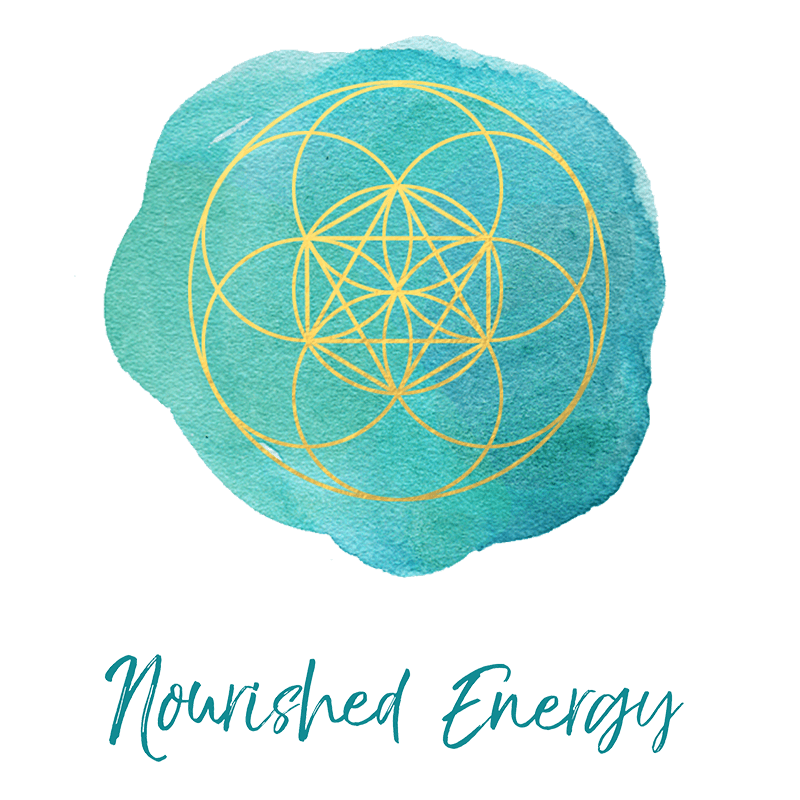To find your true purpose, the thing that drives you, fulfils you and makes you smile when you wake up, you must look inside yourself and understand the difference between your life’s intention and a simple passion. This difference lies in the way the task causes you to think, act and process reality, all of which is managed by your brain. It’s important to understand the difference between the two so you can ensure you’re on the path to living the extraordinary life you were destined for.
The Forces That Drive Us
Firstly, let’s take a look at the thought structures within the brain that drive our behaviour:
- The allocortex: Think of it as your ‘emotional brain’. It acts subconsciously and contains our predetermined instincts, reflexes and emotions – everything from flinching away from painful things to feeling thirsty.
- The neocortex: This is your logical brain, it is a learned thinking structure containing things like logic, reasoning and objectivity.
As two parts of the one brain, these ways of thinking are intertwined, sometimes to the point where they become inseparable. As a result, we often find that our emotions cloud our judgement. For instance, when you ask yourself, ‘should I have that second slice of mud cake?’. As you try to answer the question, your emotional brain will help you understand the problem. In this case, by letting you know that you are not feeling hungry but you do feel stressed.
Then, your logical brain will help you create a solution by looking at past experiences, like those that indicate you often use food as a comfort when you are stressed. When both brains play their part, you come to the reasonable conclusion that saying yes would prolong a bad habit. However, when the logical brain does not play its part, your emotional brain can lead you toward forming harmful habits, like stress eating, because they act as a short cut to a good feeling.
The more you repeatedly rely on a certain part of your thinking, the more it will develop and strengthen, making your decisions automatic rather than unbiased and conscious. It is in this way that the seductive excitement of passion can distract from long-term thinking and understanding your true purpose.
Passion Vs Purpose
Passion comes purely from the emotional brain. It’s the good feeling you receive when you stumble across an area that is unfamiliar and intriguing. Purpose is reliant on your logical brain, it is the reason for your existence and it fulfils you by contributing to your long-term growth, your sense of fulfillment and a thoroughly considered goal. Your purpose will contribute to the world in a way that will become well received and maybe even honoured. It is an actionable, realistic long-term goal, that doesn’t depend solely on what you do tomorrow or next week.
Why You Need a Purpose
Pursuing a meaningful purpose is fundamental to your fulfilment and key to you leading your best life. Finding your true purpose and planning the course to achieve it will make you:
- More inclined to act wisely.
- Resilient because you are prepared for what lies ahead.
- Determined to see it through, regardless of impulsive distractions.
- Humble from the magnitude of what you are seeking and its importance to you.
- Grounded with a sense of direction.
- Objective when making decisions.
- Inspired and motivated to nourish your true self.
The Dangers of Mistaking Passion for Purpose
Unlike purpose, passion is an impulse emotion that gives you immediate pleasure, however because there is no reasoning driving your actions that pleasure is often shallow and short-lived. We’ve all had hobbies that we were ‘obsessed with’, that lost their allure once some time had passed or we mastered the basics.
Passion is a wonderful feeling, but if you follow the desire to gain and enjoy more without reason, it can distort your judgement and lead you down a short and unfulfilling path where you become disinterested or feel defeated. The frustration and setbacks from blindly following a no-through road can give you a fear of failure and seriously damage your courage, confidence and self-esteem.
Passion is not equal to purpose because it:
- pops up suddenly and fades just as quickly
- is a temporary reaction to a pleasurable or painful task
- doesn’t pay the bills
- offers no long-term achievements
- has no direction
- clouds your judgement and encourages irrational decisions
- motivates you through a need for excitement
- is only of interest because it will earn acknowledgement from others
- does not feel ‘worth it’ after failing once or twice.
How Passion Can Contribute to Your Purpose
Passion may not be a reliable source for feeling fulfilled in the long-term, but it certainly isn’t all bad. The value of passion is in its ability to reveal the areas that you can grow in and its strength as a motivator.
Passion is a useful signal from your emotional brain that will help your logical brain find commonalities between the things that appeal to you. These commonalities will help you identify your true purpose and lead you toward fulfilment. If a passion is worthy of becoming part of your purpose, it will have a positive impact on you far into the future.
Purpose Vs Other Emotional Appetites
Your purpose is long-term and deeply ingrained so mistakes or failures won’t easily shake it. Overcoming impulsive actions motivated by short-term pleasure or harmful reflexes regarding fear of failure will become easier when you compare them to the importance of the thing that drives you. Your purpose will motivate you to find rational control over desire, habits, addictions, dependencies, inaction, aggression.
Recognising Your Purpose
When you find your purpose, these truths will accompany it:
- Where you are going
- Why you want to head in that direction
- Your journey will be long and sometimes difficult
- Other people’s expectations and opinions of your goal are not important
- As you grow and develop your goal will too, because your purpose is life-long
- You are unstoppable because you are pursuing what you are inspired by and your destined to be great at it
- You can rely on logic and reasoning to overcome momentary passions, distractions and fears.
For now, the one truth you can be absolutely sure of is that if you dedicate yourself, you are capable of something extraordinary!
In love and light,
Loretta xo




